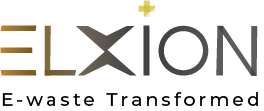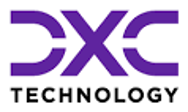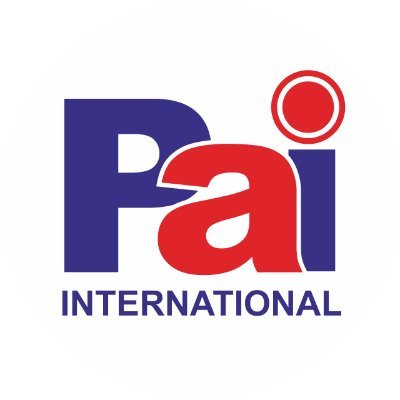Frequently Asked Questions?
Below you will find answers to questions we get asked the most about
E-waste Recycling, E-waste Disposal, Scrap Buying, Buy Used Laptops, Laptop Rentals, Desktop Rentals, Rent a Mac, EPR, Buy EPR Credits...
What constitutes E-waste?
Each year, millions of tonnes of electrical and electronic devices are discarded due to breakage or products becoming obsolete. These could include computers, mobile phones, household appliances, medical equipment, solar photo-voltaic modules or panels or cells. The E-waste stream is also populated by rejects from manufacturing, refurbishment and repair processes as per the E-Waste Management Rules 2022.
What are the dangers of informal E-waste disposal?
Electrical and electronic waste contains many hazardous materials such as dioxins, lead, mercury. The improper treatment & recycling of E-waste can release toxins into the soil, water and environment. This is especially the case if E-waste is dumped in the landfill or treated in open acid baths or burnt openly. E-waste exposure can risk adverse health impacts specifically in children and pregnant women; threats include lung and respiratory ailments, impacts on neurodevelopment and behavioral outcomes, and irreparable impacts on immune and central nervous systems.
What is the right way to recycle E-waste?
The correct way to dispose e-waste is through a licensed e-waste recycler who is engaged in the recycling and reprocessing of electrical and electronic equipment and their components. Such recycling activity is focused on recovery of precious, semi-precious metals and rare earth elements, creating a secondary market for recovered materials. Further, the licensed recycler is responsible for channelized disposal of plastic and hazardous waste, emerging as byproducts of the recycling process. The Karnataka State Pollution Control Board provides licenses for dismantlers, refurbishers and recyclers
What happens in E-waste recycling?
E-waste recycling is a step-by-step process of de-manufacturing to recover precious metals, rare earth elements and safely isolate and treat toxic materials from waste electrical and electronic equipment (WEEE). This includes channelized disposal of plastic and hazardous waste as per Government approved regulations. Formal e-waste recycling ensures mitigation of 3.5 tCO2e per ton of aluminium recycled, 0.81 tCO2e per ton of copper recycled, 1 tCO2e per ton of plastic recycled, 0.97 tCO2e per ton of iron recycled and 0.325 tCO2e per laptop refurbished. All of which notably impact global warming. Recovery of materials from e-waste, further ensures the creation of a secondary market, closing the loop on a circular economy.
Why is E-waste management and recycling important in 2024?
E-waste is currently the fastest growing waste stream in the world, increasing 3 times faster than the world’s population [WHO]. Less than a third of E-waste is recycled formally, leading to loss of valuable resources due to inefficient recovery of metals in informal routes, as well as significant health risks to communities living in regions where E-waste is illegally processed.
Will I get any value for my old electronic equipment?
An authorized reseller and recycler will compensate you fairly for the value of the electronic equipment being discarded. For business owners, an e-waste recycling certificate will also be provided, appreciating your efforts towards achieving ESG goals.
Is there gold in E-waste?
Printed circuit boards (PCBs) contain both residual values (gold, copper) and toxic heavy metals such as lead, mercury etc. Typical recoveries from 1 ton of electronic waste are 20% copper, 8% iron, 2% aluminum,0.1% gold, 0.2% silver, 0.005% palladium and 30% plastics. On average, 1 ton of printed circuit boards e-waste could contain more gold than a ton of currently gold ore currently mined. This is why E-waste recycling is often referred to as urban mining.













%402x%20(1).svg)
%402x%20(1).svg)


